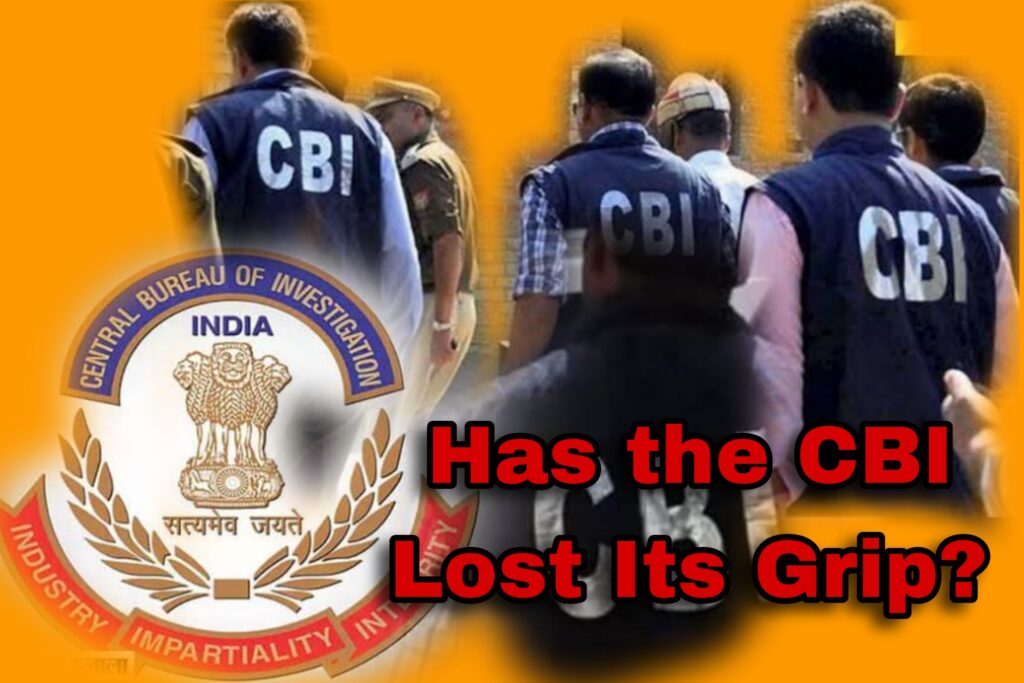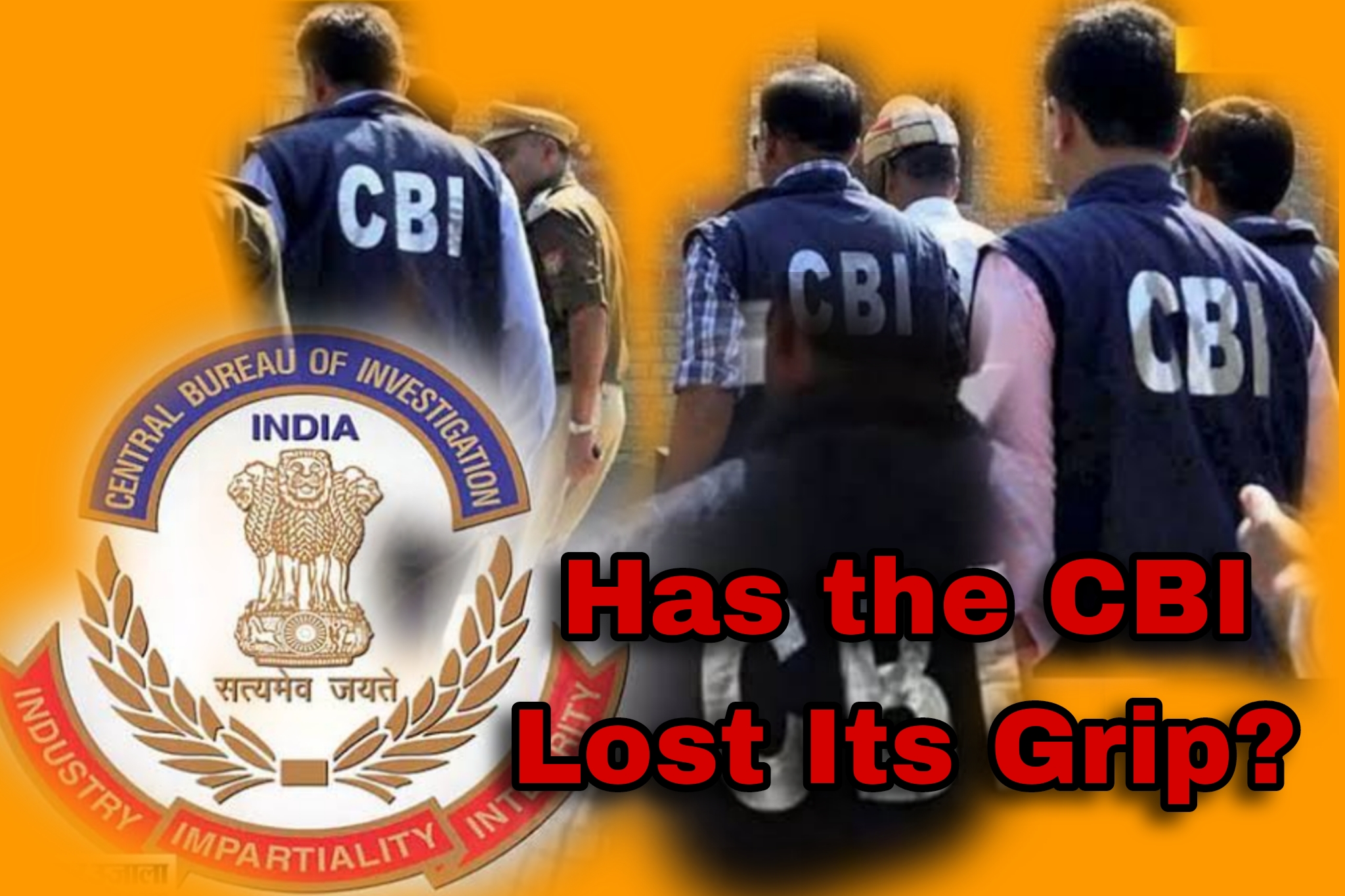
The Central Bureau of Investigation (CBI) was once regarded as India’s premier investigative agency, trusted to handle even the most complex cases. However, the handling of the Kolkata RG Kar Medical College trainee doctor’s murder case has raised serious concerns about the agency’s effectiveness and integrity. Fifteen days have passed since the CBI took over the investigation, yet the probe seems to be at a standstill, with no substantial progress. This situation has drawn unsettling comparisons to the infamous 2008 Noida Aarushi-Hemraj case, which remains unresolved to this day.
A Parallels to the Aarushi Case
In 2008, the Aarushi-Hemraj double murder case shocked the nation, and the CBI’s involvement was seen as the last hope for justice. However, what followed was a series of missteps, including narco tests that yielded no concrete evidence. Aarushi’s parents spent years behind bars before being acquitted, and the case remains unsolved 16 years later. Now, as the CBI stumbles through the Kolkata case, many are asking whether history is repeating itself.
The High Court handed over the RG Kar Medical College case to the CBI on August 13, 2023, in the hope that the truth would be uncovered swiftly. But instead of breakthroughs, we’ve seen the CBI engaging in storytelling, recounting the movements and actions of the main accused, Sanjay Roy, on the night of the incident. The agency has focused on the narrative of what might have happened rather than producing solid evidence or making new arrests.
Reliance on Polygraph Tests: A Flawed Approach
One of the most concerning aspects of the CBI’s investigation is its reliance on polygraph tests, which have been conducted twice with no substantial outcomes. The polygraph test is widely considered unreliable and inadmissible in court. Despite this, the CBI has used it as a primary tool in the investigation, raising questions about the agency’s approach. It’s disconcerting that even after multiple polygraph tests, the CBI has not moved beyond the information it inherited from the Kolkata Police, who had already done significant groundwork in the first two days of the investigation.
The CBI has also conducted polygraph tests on six other suspects, including former principal Sandeep Ghosh and four doctors who were with the victim on the night of the incident. Yet, these tests have yielded no new leads, and the CBI appears to be floundering, unable to connect the dots or bring new suspects to light.
Lack of Solid Evidence: The Investigation’s Biggest Flaw
For an investigation to be credible, it must be grounded in solid evidence—CCTV footage, eyewitness testimony, or DNA matches. However, the CBI’s investigation seems devoid of these elements. The agency has not provided any updates on critical forensic evidence, particularly the DNA test results that could either implicate or exonerate the accused. The fact that 17 days have passed since Sanjay Roy’s arrest, and yet there is no news on the DNA report, is deeply troubling. It begs the question: has the CBI received the DNA report, and if so, why is it being kept under wraps?
The absence of concrete evidence, such as CCTV footage or direct witnesses, means the case relies heavily on forensic analysis. The post-mortem report indicated that the victim was killed after a brutal struggle, with blood and skin found under her nails. Yet, without the DNA results to confirm that these belong to the accused, the case against Sanjay Roy remains weak. The CBI’s silence on this matter only fuels speculation that the investigation has hit a dead end.
Is the CBI Just Buying Time?
Given the lack of progress, one cannot help but wonder if the CBI is merely buying time, preparing to make excuses if the case remains unsolved. The agency’s initial statements emphasized the brutality of the crime, yet there has been little follow-up in terms of tangible actions. The crime scene itself does not suggest that such a heinous act could have been committed there, raising further doubts about the CBI’s handling of the case.
The CBI’s performance in this case is not just disappointing; it is alarming. If the agency continues down this path, the RG Kar Medical College case may go the way of the Aarushi-Hemraj case—dragging on for years with no resolution in sight. This outcome would not only be a failure of justice for the victim and her family but also a significant blow to public confidence in India’s premier investigative agency.
The Need for Accountability
The CBI must be held accountable for its handling of this case. The agency needs to move beyond polygraph tests and speculation and focus on gathering irrefutable evidence. The people of Kolkata, and indeed all of India, are watching closely, and they deserve to see justice served. The CBI cannot afford to let this case become another symbol of its inability to deliver justice in high-profile cases. The time for storytelling is over—the CBI must act decisively, or risk further eroding its credibility and the trust of the public.

